Marco de Comunicación is now MARCO. The most awarded and best valued communications and public relations agency for the eighth consecutive year has a new personality and a unique positioning as both a global expert in the creation of country brands and a leader against climate change. This move also includes a new visual identity, an innovative website and the inauguration of its 100% sustainable offices in Madrid. With more than 130 consultants of 18 nationalities, the MARCO group, which also includes the digital agency Influencia, confirms a growth in turnover of more than 20% in 2018, reaching 9 million euros, not counting its recent acquisition of the magazine Ejecutivos.
Marco de Comunicación is now called MARCO, because it’s no longer just an agency, it’s also a person. It’s daring, familiar, flexible, creative, fun, innovative and results-oriented. It’s the ideal travel companion to create brands, reputations and results.
The new MARCO is a world expert in country brand creation. For this reason, it has launched the book Country Brand, a Country as a Brand (published by LID), written by Didier Lagae, founder and CEO of MARCO. The aim of the publication is to help countries that need to improve their reputation and image. In order to achieve this, two main axes are proposed: “Doing Business” and “Tourism”, which analyse how to change the perception of the country in order to attract investments and tourists. Lagae’s method is to take advantage of a country’s competitive advantage, attracting talent and investment and encouraging the export of products and services. MARCO has already put this theory into practice with success stories in Morocco, Mexico, Portugal, Italy, Saudi Arabia, Madeira and several regions in Spain.
On the verge of turning 18 and about to come of age, MARCO is more committed than ever to its political, social and environmental responsibilities. This is why the agency is a leader in the fight against climate change. A central element to its identity is collaboration with sustainable clients, such as ShareNow (Car2Go), the electric carsharing company; Kaiserwetter, the renewable energy service provider, and the World Water Council, who MARCO designed and coordinated the award-winning World Water Day campaign for. The European Environment Agency, Bird, COP22, Interface and ANFEVI (Friends of Glass) complete this growing portfolio. But if there is one important milestone in the fight against climate change, it’s the strengthening of MARCO’s collaboration with The Climate Reality Project, a global initiative created by Al Gore, former US Vice President and Nobel Peace Prize laureate, through which Lagae earned Climate Leader status.
MARCO communicates in the language of today and the future
For the new MARCO, geographical boundaries don’t exist. All that matters are linguistic borders. In this context, Spanish is a great opportunity for the communications sector. Proof of this is the opening of three new MARCO offices in Mexico, Colombia and Peru, placing the company in a strategic position to access LATAM’s markets, while international markets in general are covered thanks to its 10 offices on four continents and presence in more than 100 markets, together with its partnership with the MSL Group.
Meanwhile, as MARCO continues to expand, it maintains the importance of communicating emotions with authenticity, overcoming the border between emotion and reason, and is investing in videostorytelling as the most effective tool to reach ever larger audiences. This strategy is also very effective for the media. Through the acquisition of the leading business magazine, Ejecutivos, MARCO overcomes the border that has historically existed between communication agencies and the media.
Finally, the strategic decision to respond to the creation of corporate reputation and brand creation as two important areas in a company refers to the Marcom vs Dircom border. The former specialise in brand building and the latter is responsible for building reputation. However, both profiles must work together in order to improve the results of their organisation.

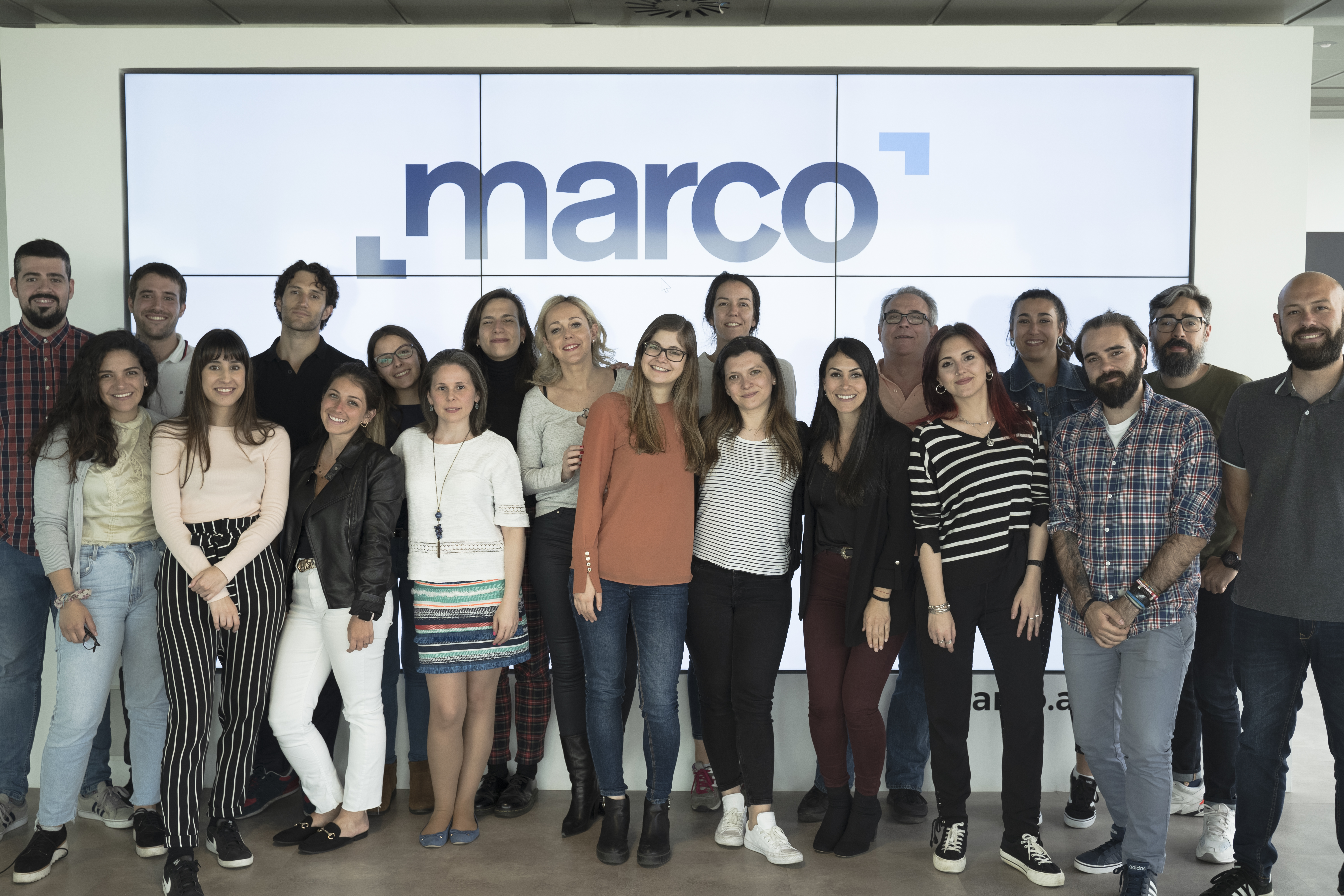
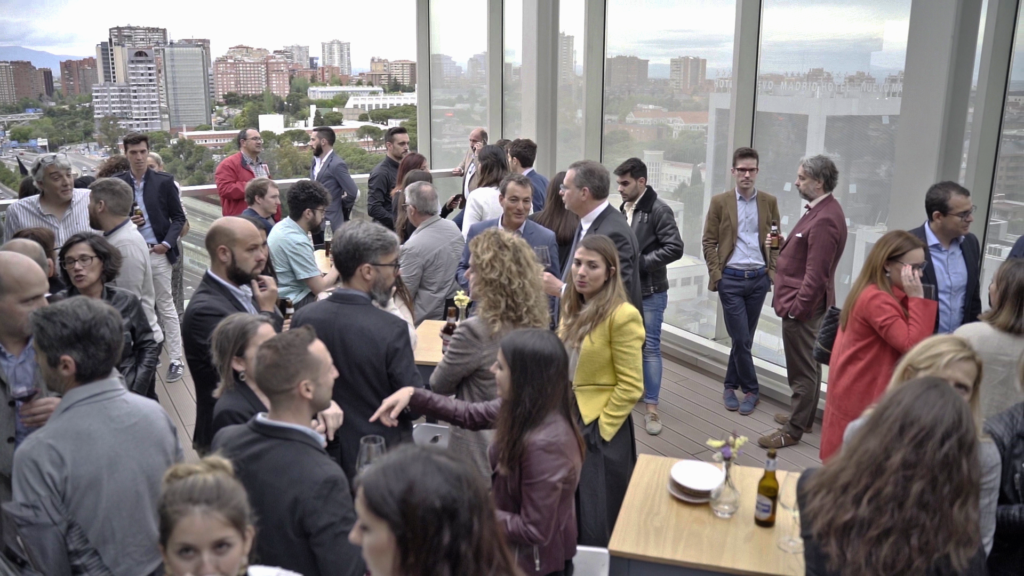
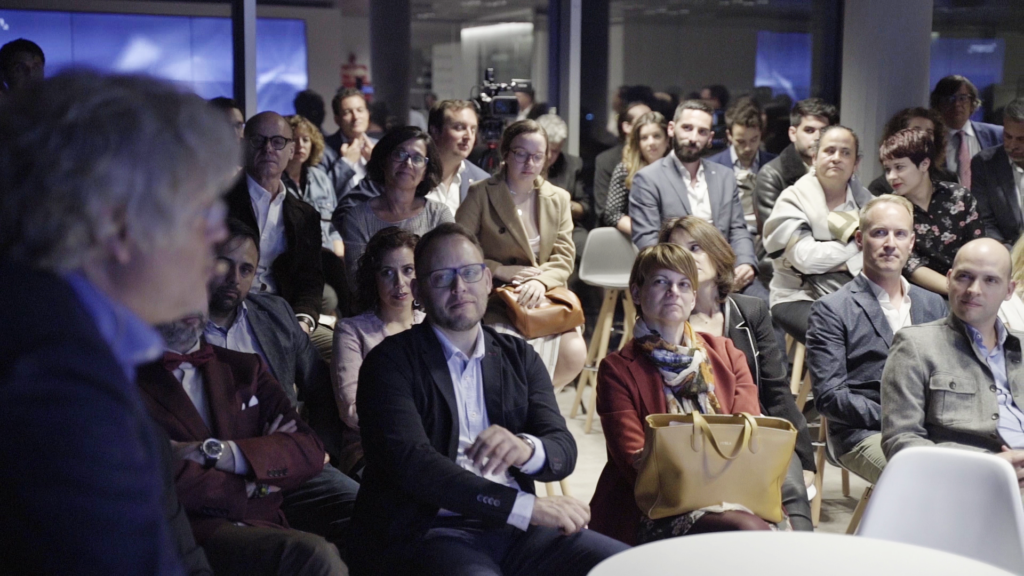
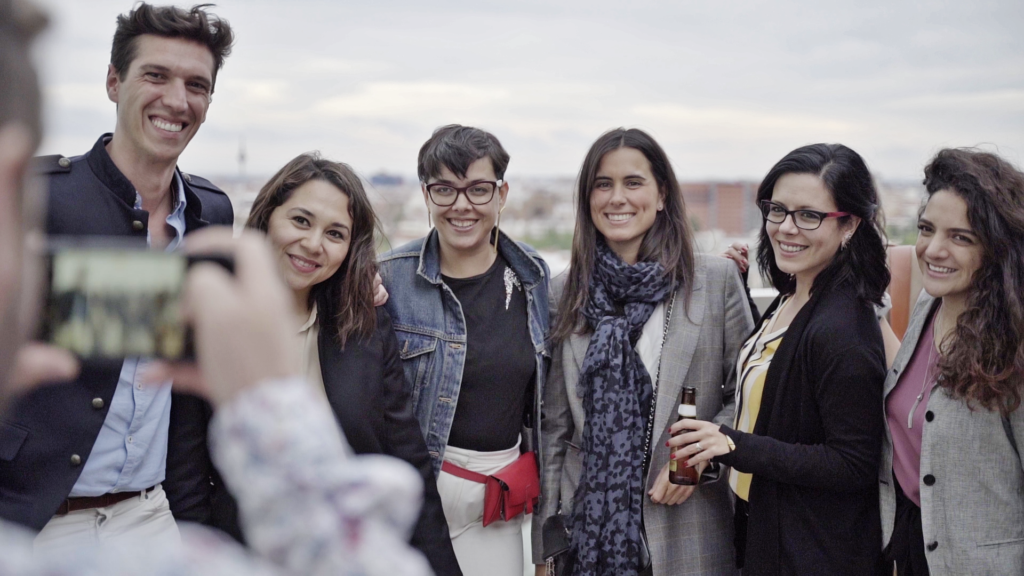
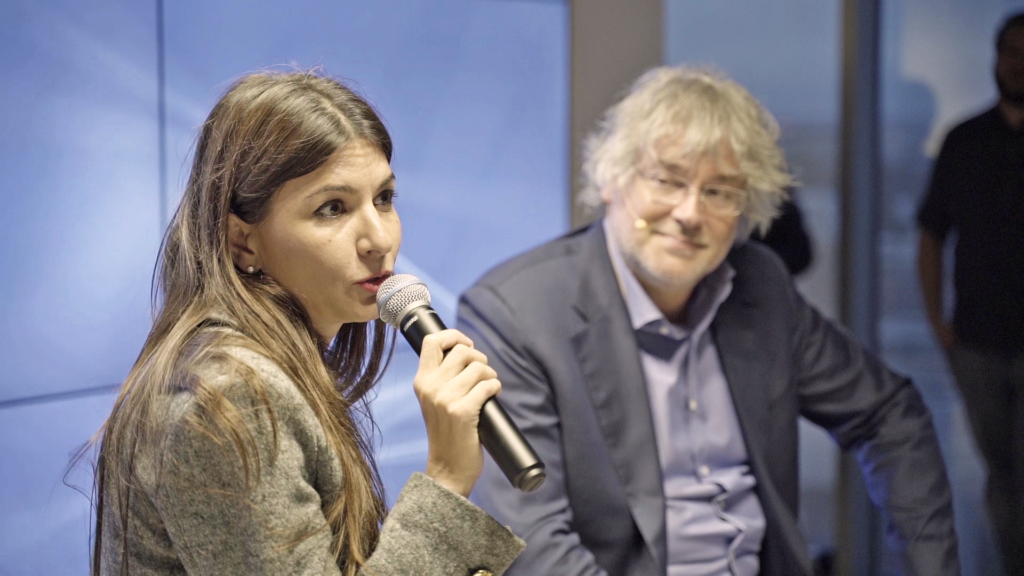
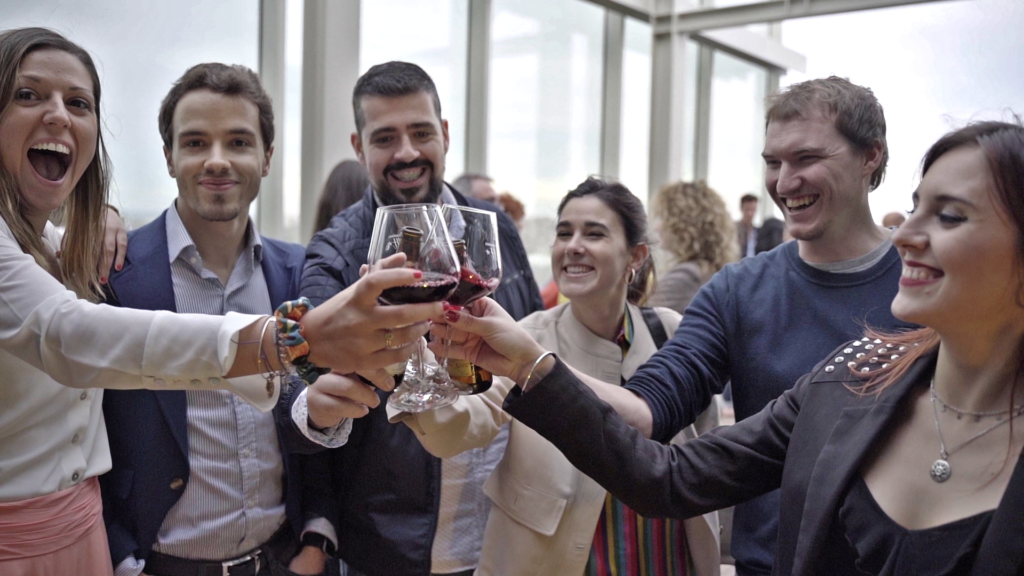
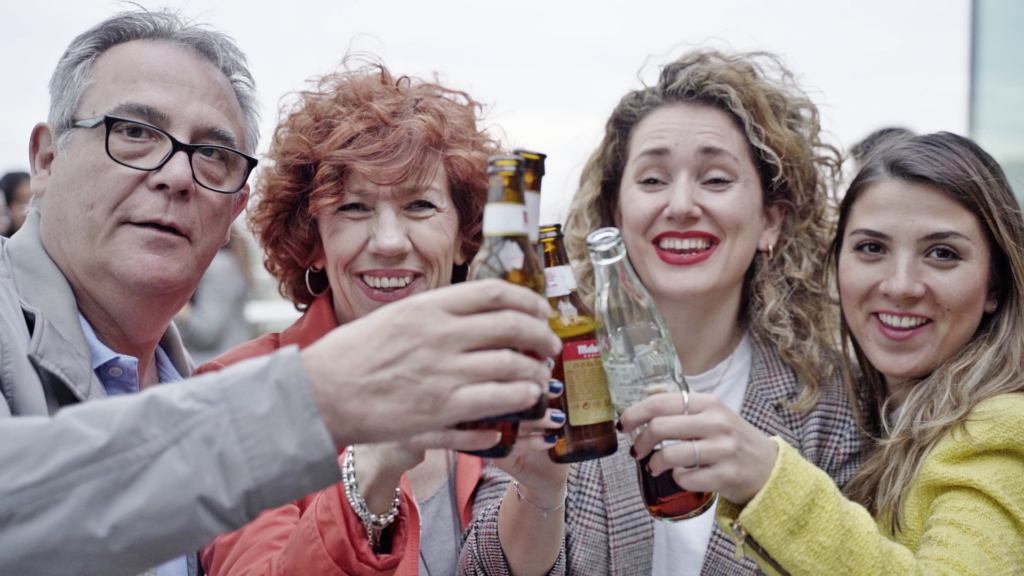


Comments